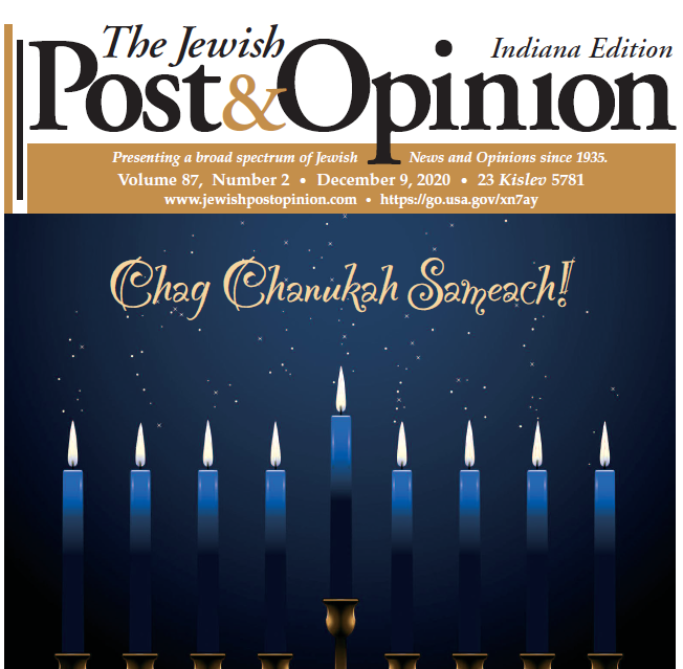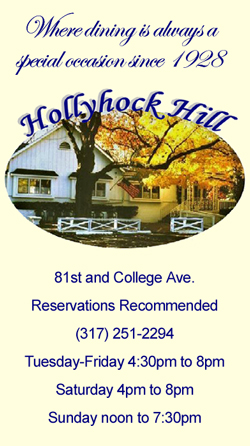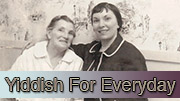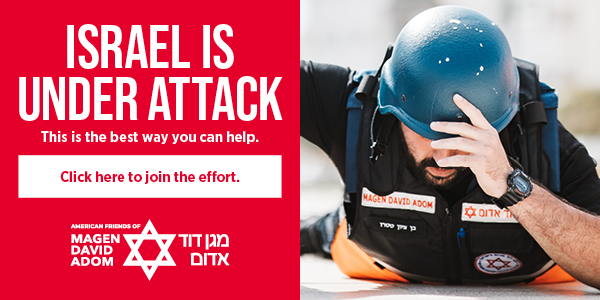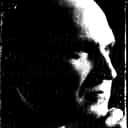 Andy Rooney alas is dead. I used to love to hear him kvetch. Chanukah and that other holiday have passed when the transliteration chachamim (Chelm “wise” men) were at it again. I received a card with the Chanuka(h) blessings (spelled with two k’s no less) and I noticed the Hebrew word a-tah spelled with two letter t’s! For more than 100 years it has been spelled with one “t” and no one mispronounced the word. There is an axiom “If it ain’t broke, don’t fix it!) Why learned rabbis or whoever at the Jewish Theological Seminary thought this up?
Andy Rooney alas is dead. I used to love to hear him kvetch. Chanukah and that other holiday have passed when the transliteration chachamim (Chelm “wise” men) were at it again. I received a card with the Chanuka(h) blessings (spelled with two k’s no less) and I noticed the Hebrew word a-tah spelled with two letter t’s! For more than 100 years it has been spelled with one “t” and no one mispronounced the word. There is an axiom “If it ain’t broke, don’t fix it!) Why learned rabbis or whoever at the Jewish Theological Seminary thought this up?
Among your or their achievements to date I note the following: In the Machzor (please note the omission of the letter K which is supposed to replace the letter C, thus making this word and every other word with a KH in it unpronounceable for Jews and non-Jews alike). Phrases for Shabbat (Shabatt, Shabatt, Shabaht?) in the High Holiday prayer books are indicated in pale violet coloring. This color has the effect of making the text indistinguishable from the other text in lighting other than in bright sunlight.
Then there is the teensy weensy dot placed underneath the letter H to indicate a CH (Kh?) sound. Who can see it? Then there is the translation of the word Hazzan (Chas’n?). On the Hebrew side the word Hazzan appears. That is as it should be. So, why on earth did you opt to put the word “Reader” instead of Hazzan on the English side? You folks ought to be aware that a real Hazzan is one thing and a “Reader” is anything but a Hazzan! Perhaps you foresaw that one day the office of Hazzan would be downgraded to becoming a mere reader!
As a musician and also a composer, I am not a fan of what I knew as Orthodox musical practices. I’ve got to relate that these days I am not a big fan of what goes on musically speaking in the average Conservative temple either. In the 1960’s a noted cantor cautioned against his colleagues using “liedelach” (overly catchy tunes) with a beat.” While such tunes (read congregational melodies) were the exception and even a novelty in the 1960’s, these are the rule today.
A rabbi in the temple I attend informed me that the use of an organ in “not permitted in Conservative temples.” Really! In the city of Boston alone I recall that Gregor Shelkan (Mishkan Tefila), Gabriel Hochberg (Temple Emanu-el), Leon Gold (Beth Hillel), among others all davenned with organ accompaniment, all the time and not only on Friday night. All these temples were bona fide Conservative temples.
I played the organ in Temple Emanu-el in Providence. I succeeded Arthur Einstein who was organist there for 20 plus years and Eli Bohnen was the rabbi. Need I also mention the Park Avenue Synagogue in New York and a host of other temples in New York, Philadelphia, Baltimore, Hartford, and so forth.
I suspect that the decline of the use of an organ had more to do with finances and the availability of organists than with halacha. (Would it make you happier if the word was spelled halakha? Okay, you folks spell it that way. I am a practicing musician, guys and I guess ladies too, I refuse. It is that simple. Why? It is confusing, it is not helpful and like the other “improvements” mentioned above do not lead to clarity.
Have you noticed that more than 98% of bar/bat mitzvah candidates have tin ears? That ain’t the fault of those who try and train them either. At one time composer Sholom Secunda said that the most important qualification for a cantor was the voice. He was correct in my opinion. In most Orthodox shuls, it still is. (Voice plus a thorough knowledge of Nusach.) In fact, if the cantor has a high pitched voice, or worse a trained one, that is held against him or her!
I recall that only tenors needed to apply for a shtelle (position) in Orthodox and most Conservative temples only a generation ago. By comparison, today In most Conservative and Reform temples as well, the cantor often is first either the principal of the Hebrew school or a teacher in one, teacher to adults in some aspect of some area of Judaica such as teaching chanting of the torah, reader of torah at services, teacher of bar/bat mitzvah blessings and haftorahs often to reluctant, unwilling and untalented kids, and lastly, far down the list, also the hazzan at services and preferably with a low and often untrained voice.
For the most part this role involves being the song leader of the congregation, often with the “aid” of a guitar. To be sure, combining five jobs into one may be cost effective, but the musical and aesthetic cost is often just too great. Too great that is for the future of Judaism. I wonder if the “One” is pleased to listen to what we sing in places where the “Name” is caused to dwell.
In addition I’ve noticed too often there is an unhappy disconnect between the text and the music sung to that text. Must every tune be a faux Chassidic-like jig or something that Lady Gaga might sing? “Know also before whom you stand.” I do, and that is why I kvetch.
Subscribe to read more.
[whohit]Kvetching[/whohit]
